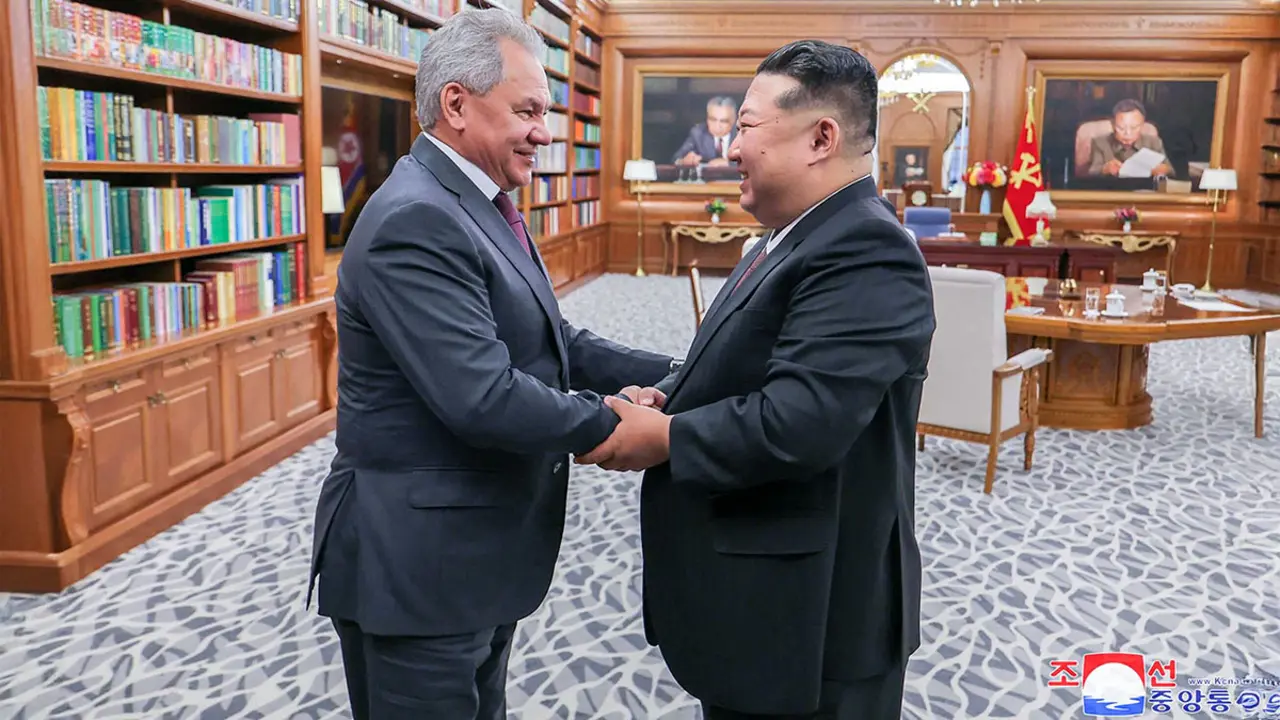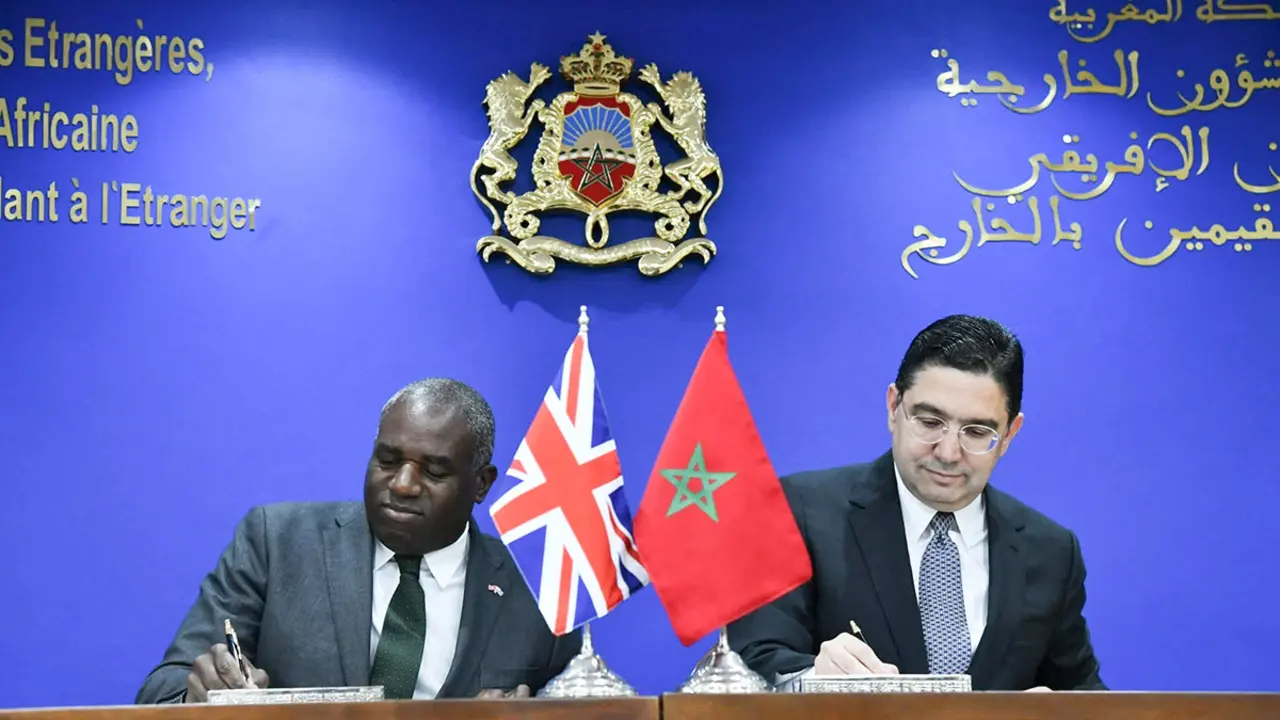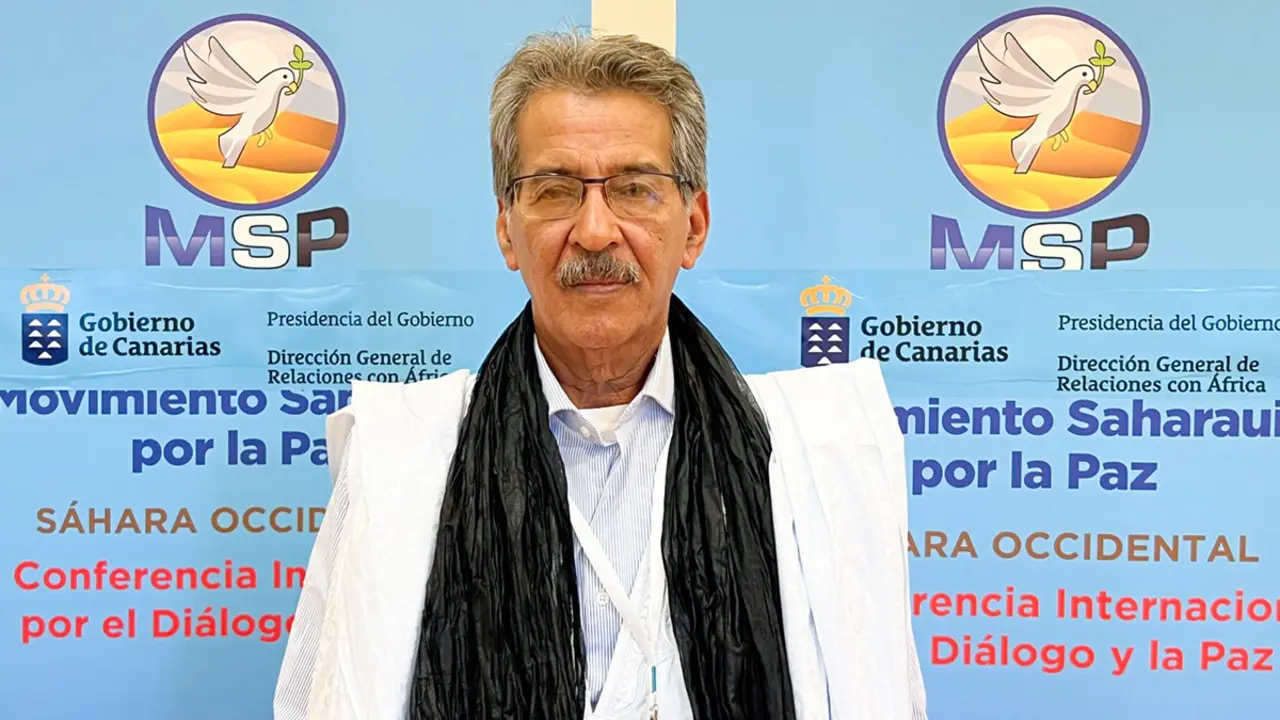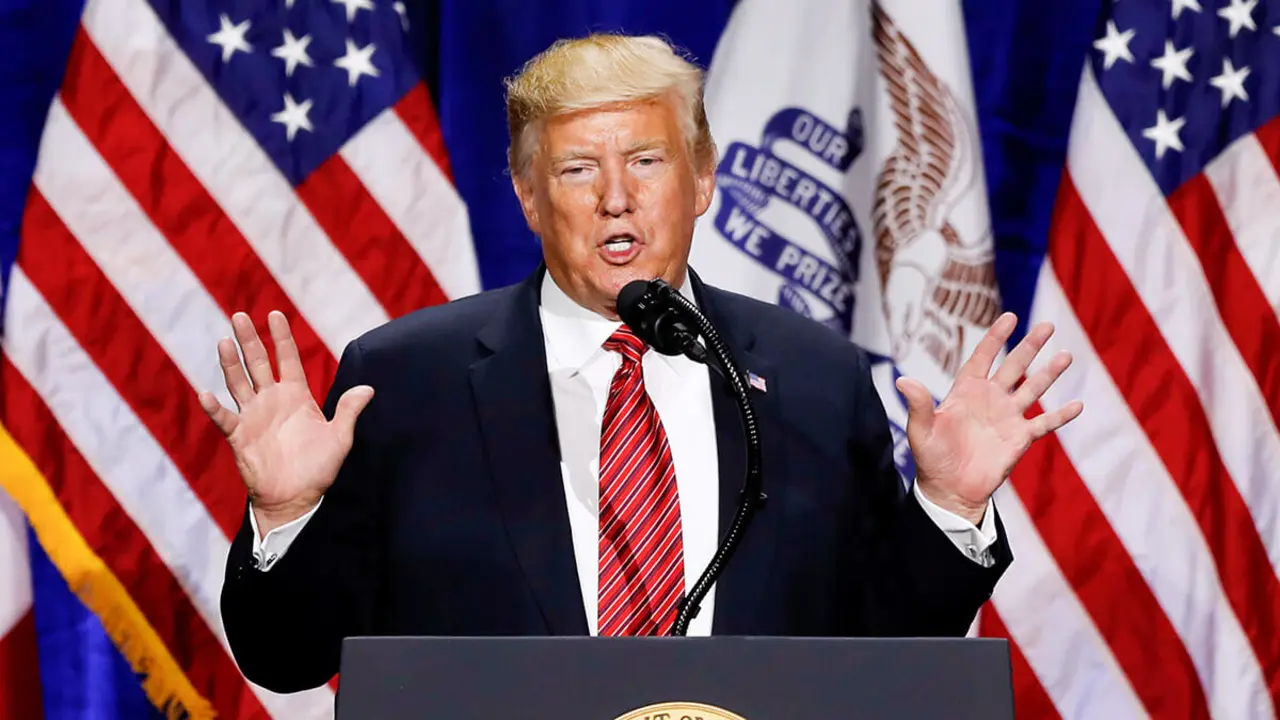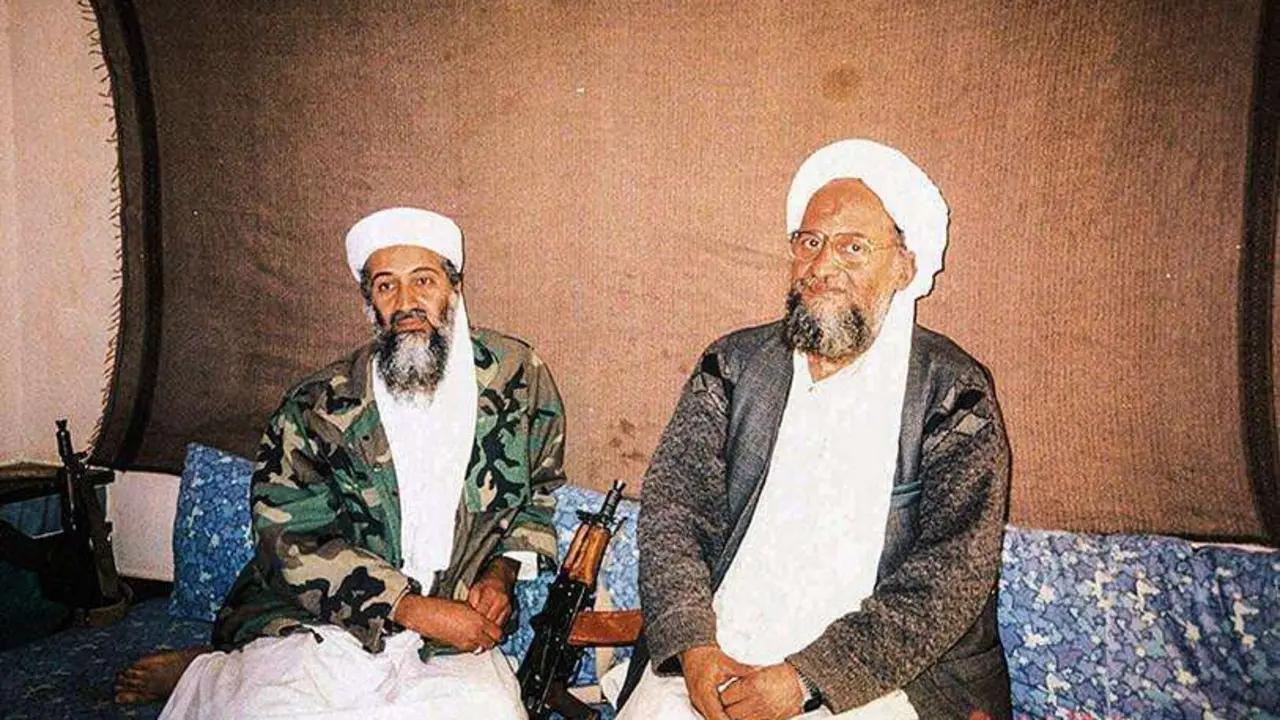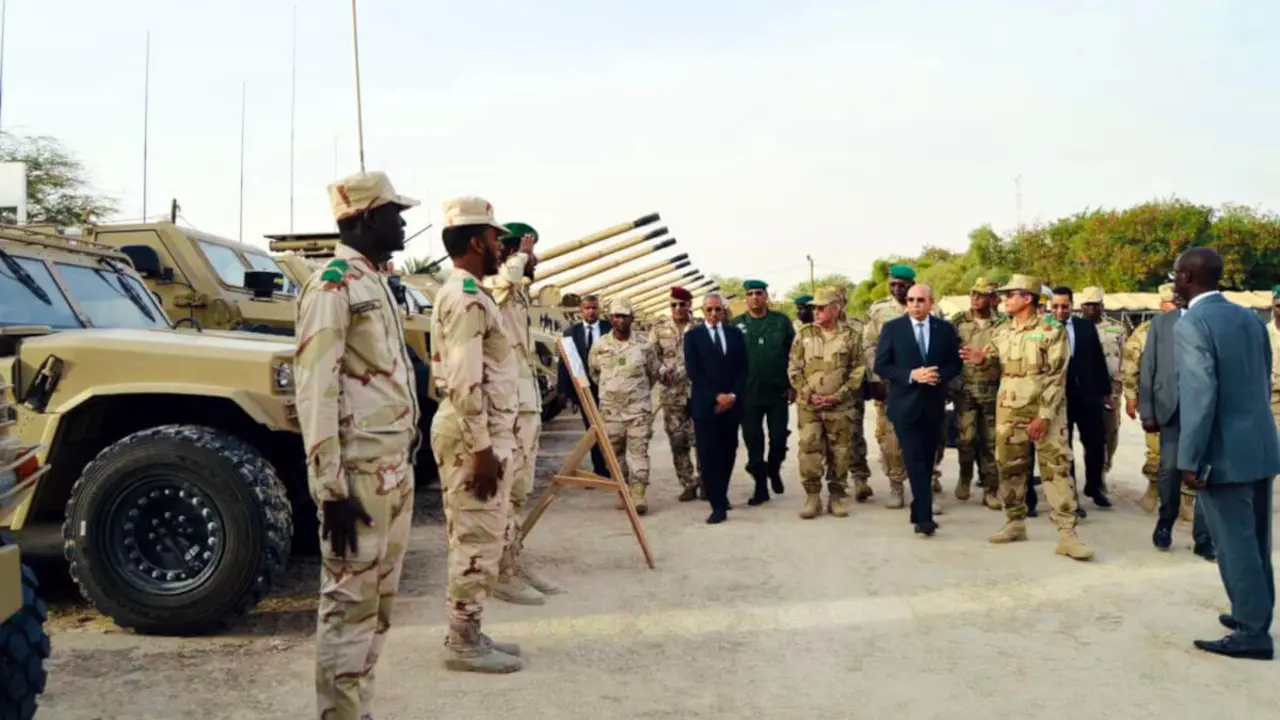The members of the Gulf Cooperation Council meet to finalise the agreement with Qatar

With a view to the annual summit of the Gulf Cooperation Council (GCC) on 5 January, a preparatory meeting was held on Sunday to seek a solution to the crisis between Qatar and some of its neighbours with whom diplomatic relations have been broken off since June 2017.
The foreign ministers of Saudi Arabia, Bahrain, the United Arab Emirates, Oman, Kuwait and Qatar took part in the meeting, which had to be held virtually. The participation of Sheikh Mohammed bin Abderrahmane Al-Thani, the Qatari minister, was seen as a sign of de-escalation.
In 2017 Saudi Arabia, the Arab Emirates, Bahrain and Egypt closed their sea, land and air borders with Qatar, in addition to expelling their diplomatic representatives and citizens, who were given only two weeks to leave their respective countries. This is very detrimental to Qatar, bearing in mind that the only land border it has is with Riyadh.
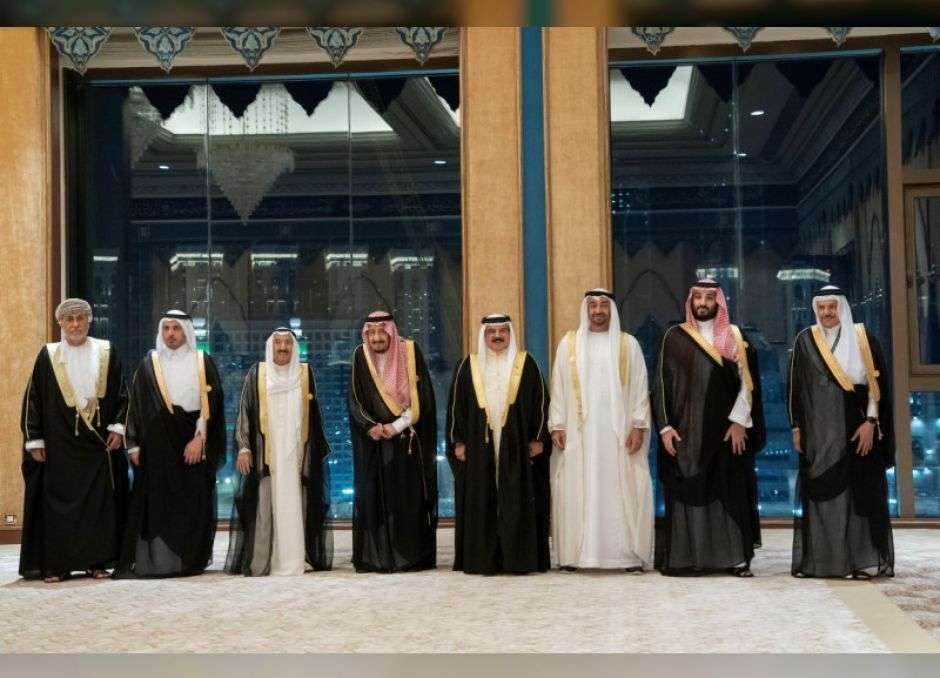
The tension, which had already erupted in a similar manner in 2014 when the same countries withdrew their diplomatic representatives, was framed by the rivalry between Saudi Arabia and Qatar. The Saudis, who wish to guarantee their hegemony on the Arabian peninsula, have always found it annoying that Qatar is a free verse, particularly as regards its relations with Iran, Saudi Arabia's great rival in the Middle East.
Another of the reasons for the dispute was Qatar's support for the Muslim Brothers, the Islamist political movement which Saudi Arabia regards as a rival for the leadership of the Muslim world, and to whose members Qatar offered asylum following Morsi's overthrow in Egypt in 2013.
The Persian Gulf country also received accusations of financing terrorist groups in the region such as al-Qaeda and the Islamic state. Accusations that Saudi Arabia has also been forced to deny.
Nor did it like its rapprochement with Israel, although precisely the Arab Emirates and Bahrain became the third and fourth Arab countries to normalise diplomatic relations with Tel Aviv following the signing of the Abraham Agreement in Washington, and only behind Egypt (1979) and Jordan (1994). Nor are the good relations between Qatar and Turkey.
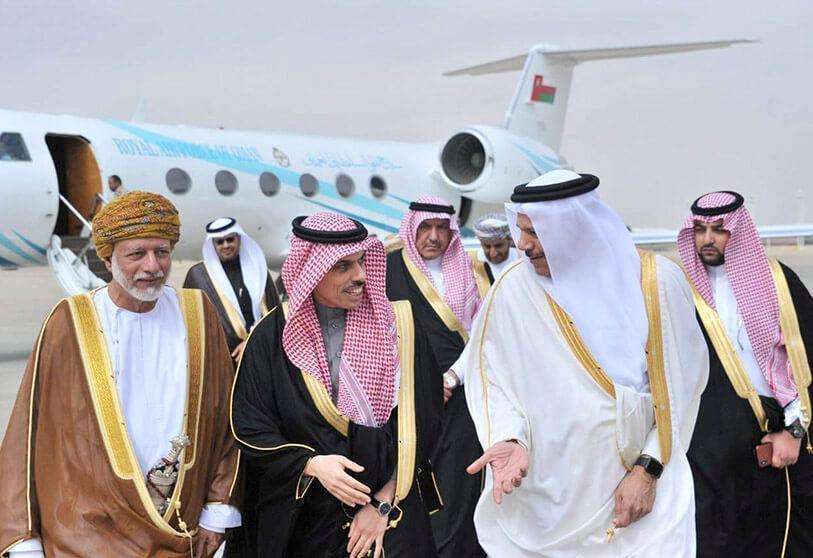
Cut ties with the Muslim Brothers; extradite persons accused of terrorism; stop funding extremist organisations designated as terrorist groups by the United States; provide information on opposition figures funded by Qatar; align politically and economically with the Gulf Cooperation Council; cutting funding to media such as Al Jazeera, Arab21 and the Middle East Eye; cutting ties with Hezbollah, the Islamic State and al-Qaeda; reducing its diplomatic presence in Iran and ensuring that trade with Tehran complies with US sanctions; and closing the Turkish base located in the country are the conditions that the UAE, Saudi Arabia, Egypt and Bahrain demanded of Qatar in order to restore relations.
Kuwait, which together with the United States is attempting to mediate in the conflict, announced on 4 December that the foundations had been laid for an agreement to be reached at the Gulf Cooperation Council on 5 January.
At the beginning of the month Jared Kushner, chief adviser to the US president, held a meeting with the Saudi Arabian Crown Prince Mohammed bin Salman and the Emir of Qatar Tamim bin Hamad al Thani.
The agreement will foreseeably include the reopening of airspace and land borders and the end of the information war. However, there are still points where bringing positions closer together is proving complicated, particularly in relations between Doha and Tehran.
"We have made significant progress in recent days thanks to Kuwait's continued efforts, but also thanks to the strong support of President Trump", said Saudi Arabia's foreign minister, Prince Faisal bin Farhan Al Saud, at the beginning of the month. And he assured that Riyadh and its three allies are fully coordinated in order to reach a final resolution with Qatar.
According to sources close to the negotiations, this could be a "limited" agreement that at least offers a temporary solution to reduce tension.

